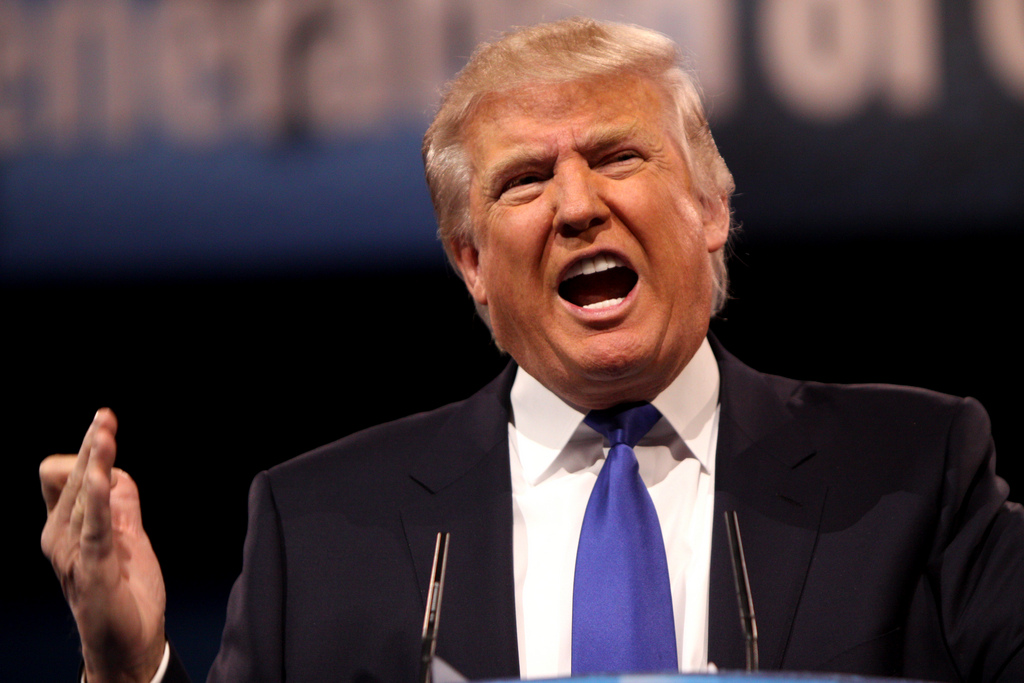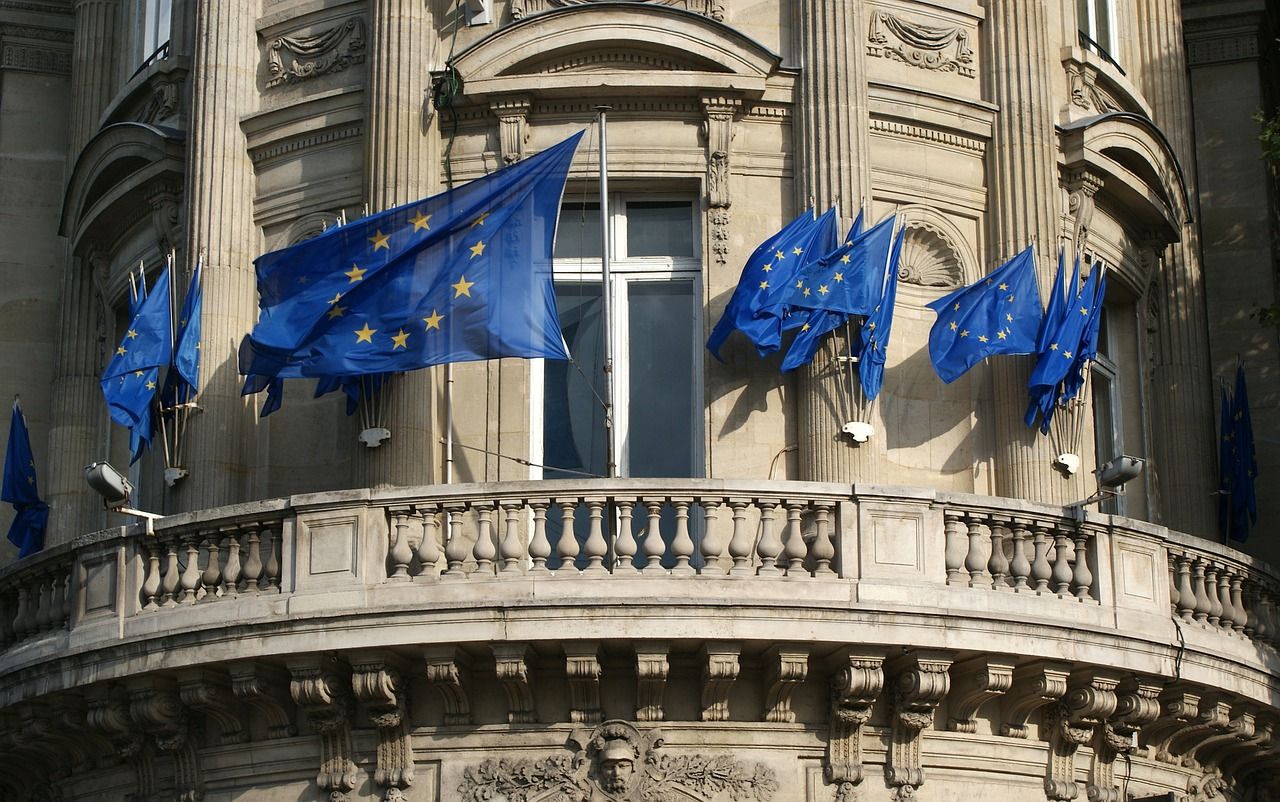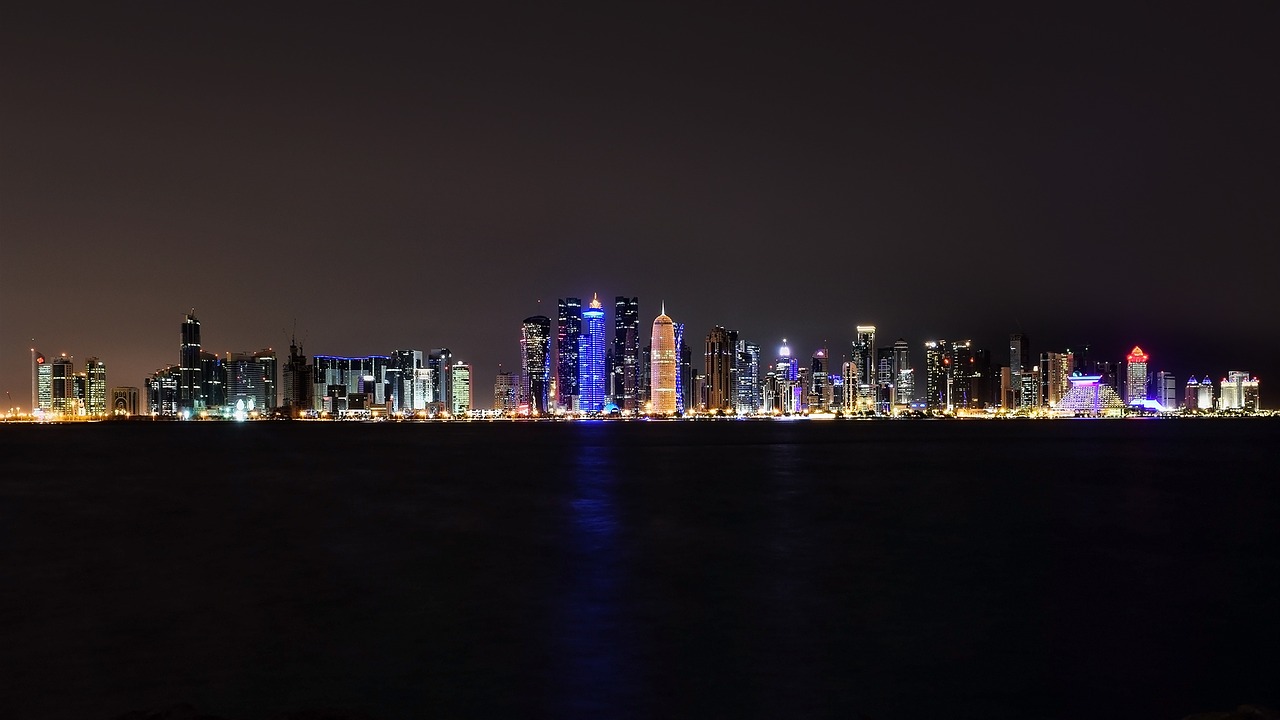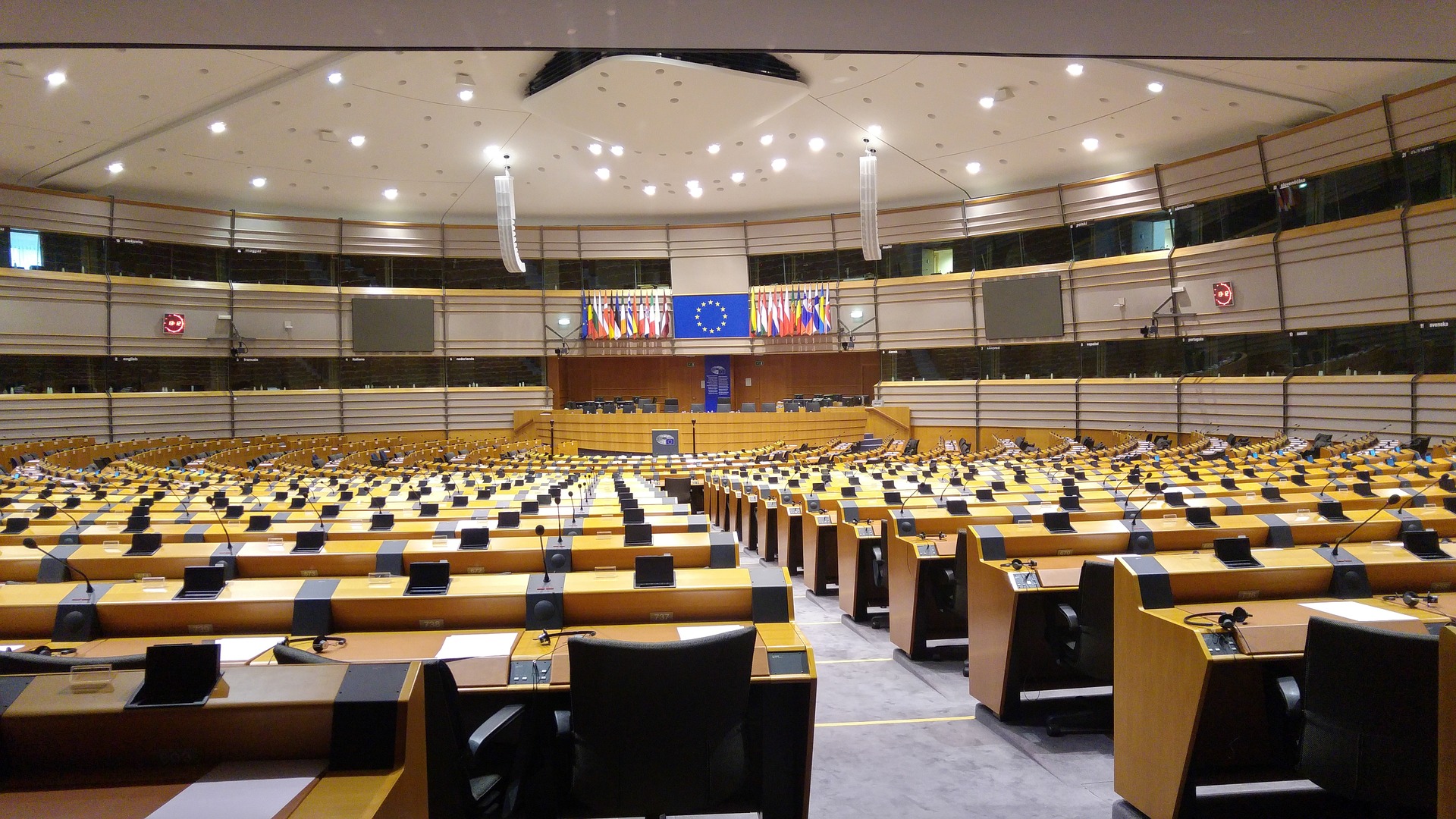POLITHEOR
European Policy Network
Blog 3 Columns
- Home
- Blog 3 Columns

Reserved seats in Parliament hurt rather than help Kenyan female candidates1
- Human Rights and Migration, Op-ed
- 25/08/2017
As Kenyans voted in the country’s latest general election, the constitutional requirement to implement its two-thirds gender rule came under more scrutiny.
READ MORE
The ‘Berlin Promise’ – Dashed expectations must not spell defeat in the Western Balkans0
- EU Governance and Politics, Op-ed
- 20/08/2017
The countries of the Western Balkans are facing numerous socioeconomic challenges, such as a dramatic deterioration in democratic governance, slow rates of growth and high unemployment. Despite the fact that full membership for the Western Balkans countries is unquestionably a long way off, EU approximation represents hope for reforms to prevent the region from fading into oblivion and insecurity. This approximation could best be secured in the framework of the Berlin Process.
READ MORE
Can the EU’s fight against illegal logging help to preserve forest ecosystems in timber producing nations?1
- Environment and Energy, Op-ed
- 18/08/2017
Preserving ecosystems via trade – A long way ahead for the EU’s fight against illegal logging.
READ MORE

Trump’s rhetoric is un-presidential yet effective in appealing to peoples’ emotions0
- International Relations and Global Affairs, Op-ed
- 17/08/2017
Many analysts have described Trump’s rhetoric from a moral perspective, but not a rhetorical one. If we consider the three basic rhetorical appeals, as laid out by Aristotle- logos, pathos and ethos- it becomes clear that Trump almost exclusively uses pathos, or emotional appeals, to communicate his points. This fact is revealing of him as a speaker and leader.
READ MORE
Do EU policymakers really value intellectual property?1
- International Relations and Global Affairs, Op-ed
- 16/08/2017
“First they stole my idea, and then they poisoned others with it” is what owners of intellectual property (IP) are expected to say when their rights are infringed. If you believe that this is an overstatement, and that you are immune to this problem, think twice.
READ MORE
From Brussels to Beijing: Is there room for optimism in climate policy in Trump’s era?0
- Environment and Energy, Op-ed
- 14/08/2017
The decision of President Donald Trump to withdraw the United States of America from the Paris Agreement shocked the international community. After his decision (which, according to Article 28, of the agreement, cannot take place earlier than 4th November 2020) to abandon this historic climate pact that brought together all the countries in the world – with the exception of Syria and Nicaragua – is there still hope for an ambitious climate policy that keeps global warming “far below 2º C”?
READ MORE

Cyber security: what lessons the European Union can learn from the French election1
Forget about foreign conflict, instability and terrorism: cyber security attacks are quickly becoming the biggest threat to European democracies. Over the past ten years, we have witnessed a steady and worrisome increase in online criminal activity, with cases of theft, espionage and data extraction on the rise. What were once merely disruptive threats have now become destructive attacks. Dealing with cyber attacks will require more than legislative proposals and “mainstreaming cybersecurity”.
READ MORE
When the brotherly vows break: Should Qataris question their khaleejinship?1
- International Relations and Global Affairs, Op-ed
- 13/08/2017
On 5 June, Qataris residing in Saudi Arabia, Bahrain, and the United Arab Emirates (UAE) woke up to learn that they were asked to pack and leave within 14 days. They were expected to quit their jobs, pull their children out of school, bid their friends and families goodbye, and go back to Qatar. A diplomatic row that should have been confined to political salons has instead exploded into an identity crisis.
READ MORE
Changing everything so that nothing changes? The future of UK seats in the EP0
- EU Governance and Politics, Op-ed
- 08/08/2017
As the 2019 elections get closer, the future allocation of 73 UK seats in the European Parliament remains an unsolved conundrum. The long-debated proposal of substituting them with a pan-European list of candidates from European Political parties is welcomed with enthusiasm by the Brussels establishment. However, little attention is often devoted to its indirect consequences if not well thought through: more power to bigger Member States, whose candidates would emerge as privileged, and institutional deadlock, as a unanimity of Member States is required to agree according to the rules on Treaty Change.
READ MORE